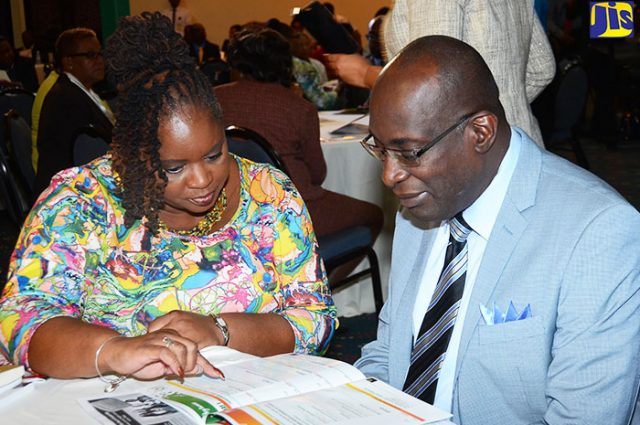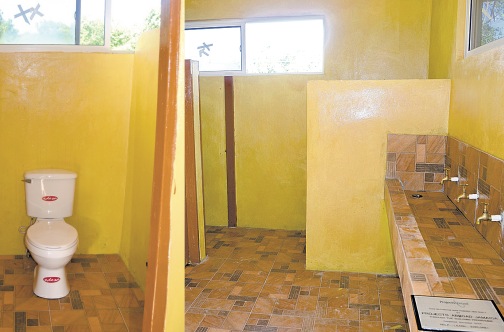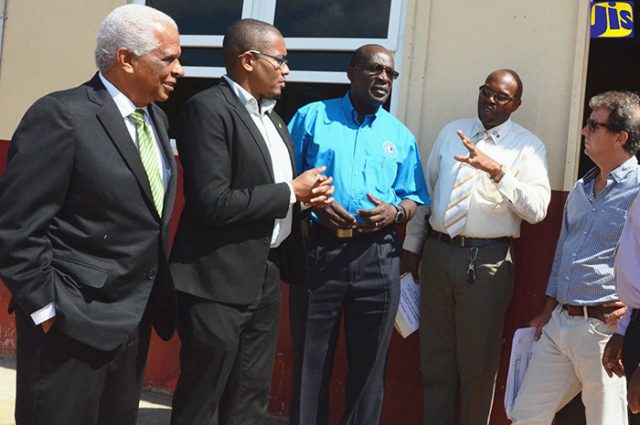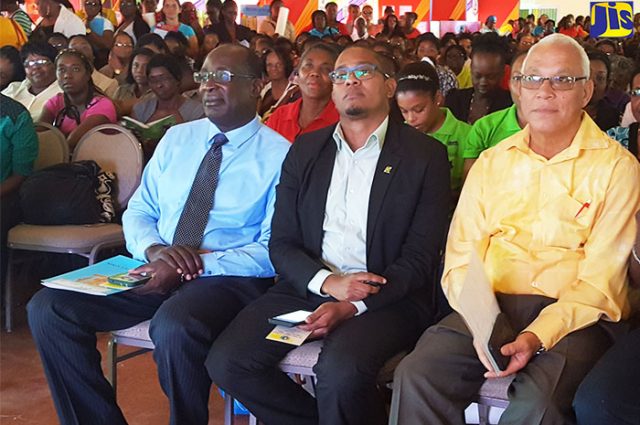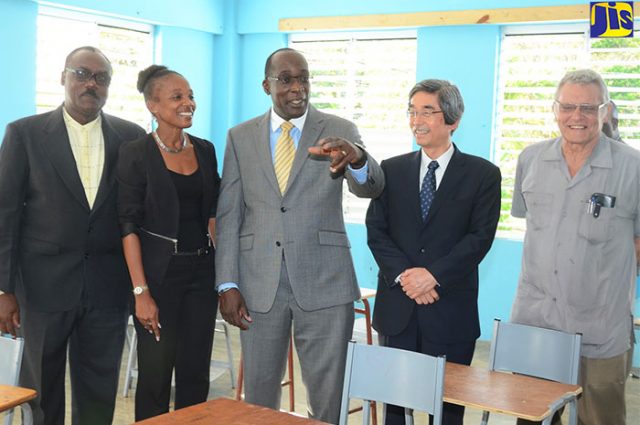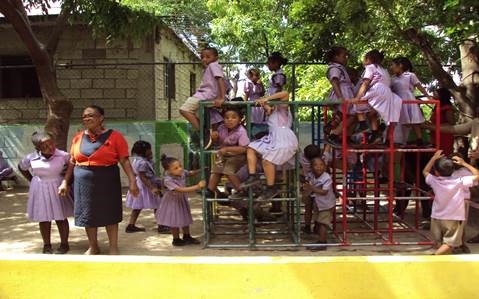JIS: Minister of Education, Youth and Information, Senator the Hon. Ruel Reid, says several areas of the education system are being fixed, and more schools are getting leaders equipped to move the institutions forward.
The Minister, who was delivering the keynote address at the start of a two-day International Conference organised by the National College for Educational Leadership (NCEL), at The Jamaica Pegasus hotel, in New Kingston, on February 21, said school leaders are being provided with the necessary skills to transform education.
“It is coming together, because we are making sure there is no excuse about the quality of leadership that we have in our schools,” he told the forum, which comprised school principals, and local, regional and international experts in education.
The Minister explained that the training that is provided by the College enables quality leadership in schools, and he expects that the educational performance and outcomes will soar at those institutions.
He appealed to the school leaders to set “high standards for every student and every school, in terms of leadership, management, and accountability”.
Held under the theme ‘Transforming Educational Leadership, Disrupting the Narratives’, the conference addressed the topics ‘Effective Principals’, ‘Leadership for 21st Century Learning’, and ‘Transformational Leadership Through International Voices’.
The NCEL was created to develop and support educational leaders who are able to create and sustain effective schools, thereby contributing to national development.
CAPTION: Minister of Education, Youth and Information, Senator the Hon. Ruel Reid (right), engages Director of the National College for Educational Leadership (NCEL), Rosemary Campbell-Stephens, at the start of a two-day International Conference organised by the College, at The Jamaica Pegasus hotel, in New Kingston, on February 21.


